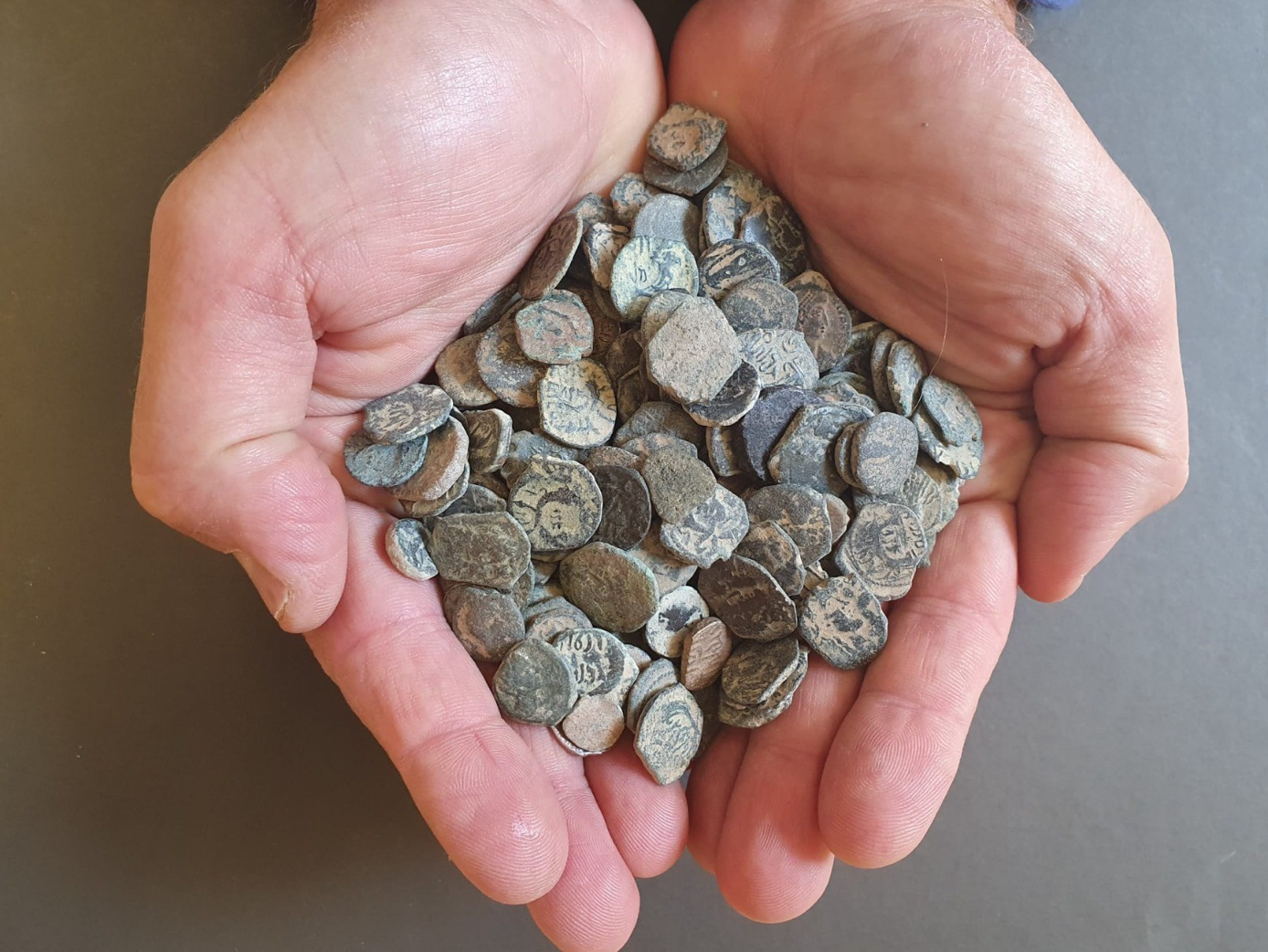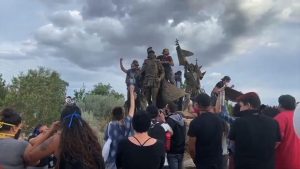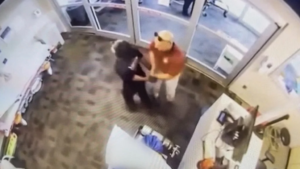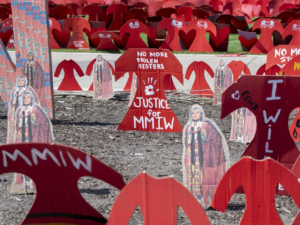The stolen artifacts were found in the Bnei Brak home of an individual suspected of antiquities trafficking
Authorities in Israel have recovered hundreds of looted coins stashed at a house in Bnei Brak, just east of Tel Aviv.
As Rossella Tercatin reports for theJerusalem Post, the Israel Antiquities Authority’s (IAA) Robbery Prevention Unit discovered the objects while investigating an individual suspected of antiquities trafficking. Artifacts found in the central Israeli home included gold coins from the Byzantine and Islamic eras, dozens of 2,000-year-old Hasmonean coins, and hundreds of bronze coins from the Roman period.
“Illegal trade in coins and antiquities creates an income opportunity for antiquities looters, and it encourages antiquities robbery and fatal and irreversible damage to sites around the country,” says IAA Trading National Inspector Ilan Hadad in a statement, per a translation by the Post.
The suspected looter was likely involved in the trade and trafficking of antiques both in Israel and abroad, reports World Israel News. As Ell Ko notes for Design Taxi, officials haven’t specified how many coins were in the hoard or what its overall value is.
According to the IAA, robbers in search of priceless artifacts damage hundreds of archaeological sites across the country each year. Organized teams known as “diggers” convene under cover of darkness to carry out illegal excavations with metal detectors and other tools.
These thieves usually target sites from the Second Temple period, which spanned 516 B.C.E. to 70 C.E., and Jewish burials containing rare coins minted during Jewish rebellions against the Romans in the first century C.E.
“The Law of Antiquities states that all antiquities belong to the state,” said Kobi Sharvit, director of the IAA’s Marine Archaeology Unit, in a 2015 statement. “Not reporting or removing antiquities from their location or selling or trading them is an offense punishable by up to five years imprisonment.”
Israel is one of the only countries in the Mediterranean basin to allow antiques merchants to obtain a license to sell goods. If a seller wants to pawn off illegally acquired artifacts, they can use a licensed dealer as an intermediary and conduct business without arousing suspicion.
“[L]ooters, who dig at archaeological sites and destroy them for their own greed, disconnect the antiquities from their archaeological context and erase entire chapters from the history of the Land of Israel—stories that will never be told again,” says Hadad in the statement.
Earlier this year, IAA officials recovered another trove of stolen archaeological artifacts, including gold coins, jewelry, Egyptian sarcophagus lids, bronze statues, clay vessels and votive objects. Seized during raids at three sites in central Israel, the “sheer quantity, and quality, of the artifacts” stunned archaeologists involved in the operation, as Ruth Schuster wrote for Haaretzat the time.
In recent years, the IAA has undertaken comprehensive steps to safeguard the country’s cultural treasures from thieves.
As Kristin Romey reported for National Geographicin March, an ongoing “rescue” mission aimed at protecting the caves where the Dead Sea Scrolls were found revealed fragments of biblical texts and a 10,000-year-old woven basket. Per the Post, the IAA uncovered evidence that thieves came within inches of the objects but stopped digging right before reaching them.
“For years, we chased after antiquities looters,” said Amir Ganor, head of the theft-prevention unit, in a video statement. “We finally decided to preempt the thieves before [artifacts] are removed from the ground and the caves.”




